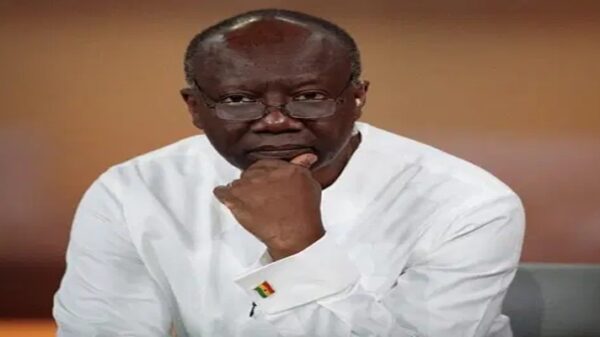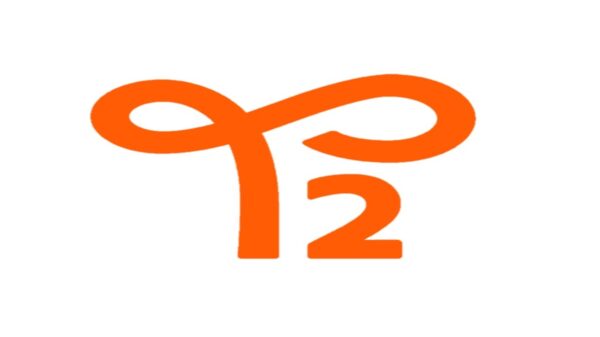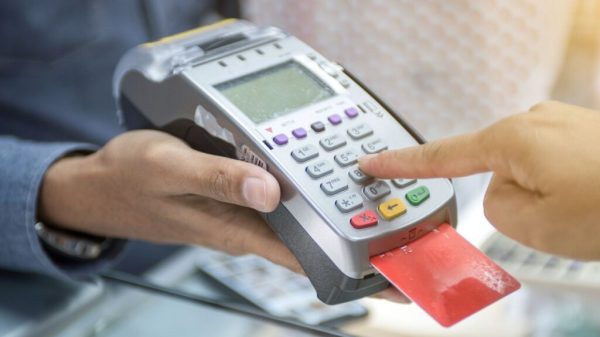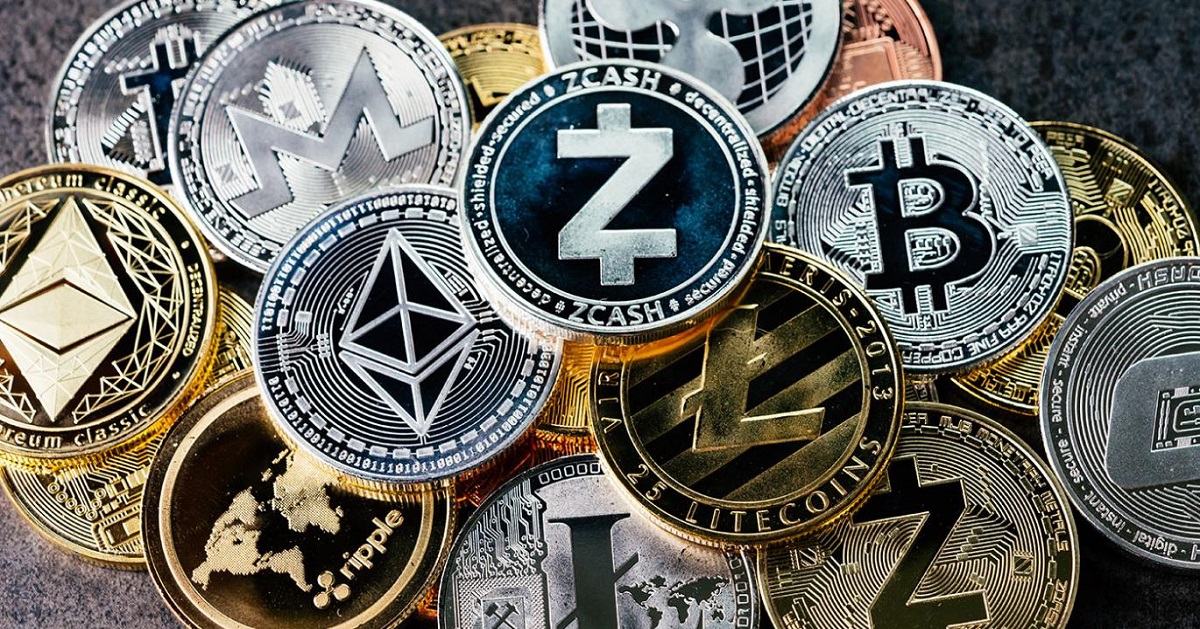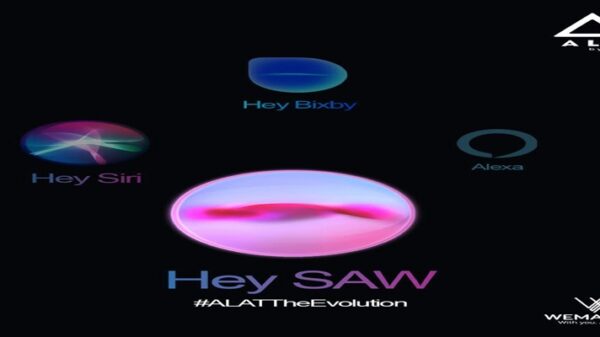Securities Exchange Commission (SEC) of Nigeria has announced plans to license providers of virtual assets, including cryptocurrencies, as part of efforts to tap into the growing opportunities within the sector while ensuring investor protection. This move comes as the adoption of digital assets continues to surge across the country.
In an interview with Bloomberg, Emomotimi Agama, the SEC’s Director-General, revealed that the commission intends to issue its first licenses for digital services and tokenized assets within this month.
Agama, a known crypto and fintech enthusiast, expressed optimism about the initiative, stating, “This is going to happen sooner than you think.”
Agama emphasized the importance of supporting Nigeria’s youth, who are heavily involved in the fintech space, and acknowledged the significant market potential that digital assets represent. “The market size is huge and it is growing,” he noted.
The SEC’s licensing initiative aims to provide a formal platform for digital asset activities, enabling better regulation and data collection.
Agama stressed, however, that while the SEC supports innovation in the fintech and cryptocurrency sectors, it will not tolerate the use of cryptocurrencies to manipulate Nigeria’s currency.
This regulatory move follows a series of significant developments in Nigeria’s cryptocurrency landscape. In December 2023, the Central Bank of Nigeria (CBN) lifted a ban on cryptocurrency transactions, signalling a shift in policy.
However, the federal government later cracked down on Binance, a major crypto exchange, citing regulatory breaches.
In May, the SEC announced plans to delist the naira from all peer-to-peer (P2P) platforms, including Binance, as part of efforts to curb manipulation within the cryptocurrency market.
Agama revealed in June that Nigeria’s cryptocurrency market is valued at over $400 million, with expectations that the volume of crypto transactions in the country will reach $52.5 million by 2028—a projected 12.66 percent increase from 2024.
![]()




